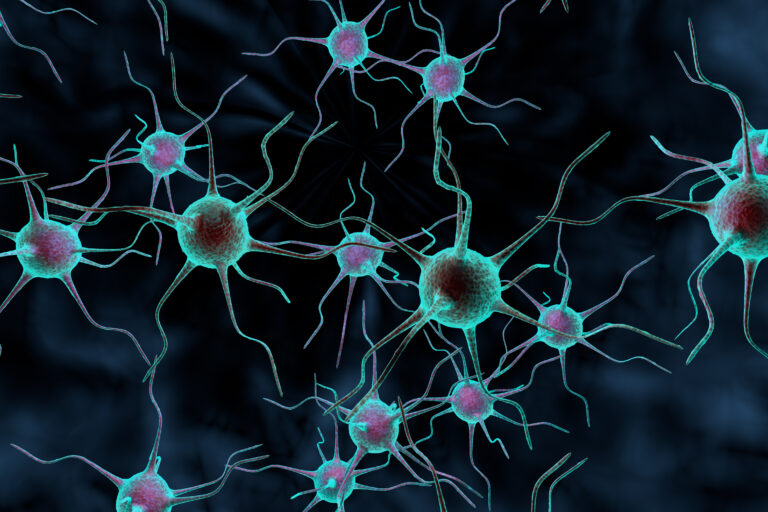Memantine and Its Mechanism of Action
Memantine is a medication primarily used to treat moderate to severe Alzheimer’s disease. It works in a unique way compared to other Alzheimer’s treatments, targeting a different system in the brain to help improve cognitive function and slow disease progression.
How Memantine Works
Memantine acts on the glutamate system in the brain. Glutamate is an important neurotransmitter involved in learning and memory. In Alzheimer’s disease, there is often an excess of glutamate activity, which can be harmful to brain cells.
Memantine is what’s known as an NMDA receptor antagonist. NMDA receptors are a type of glutamate receptor in the brain. By partially blocking these receptors, memantine helps to normalize glutamate signaling[1][8].
Key Points About Memantine’s Action:
1. It reduces excessive glutamate signaling without completely blocking it.
2. This helps protect brain cells from damage caused by overactive glutamate.
3. It allows for normal cell communication to continue.
Memantine is often described as a “voltage-dependent” blocker. This means it can quickly attach to and detach from NMDA receptors based on the electrical activity of the neuron. This property allows it to reduce abnormal glutamate activity while still permitting normal signaling[1].
Differences from Other Alzheimer’s Medications
Most other Alzheimer’s medications, like donepezil and rivastigmine, work on the cholinergic system by increasing levels of acetylcholine, another important neurotransmitter. Memantine is unique in targeting the glutamate system instead[5][8].
Benefits of Memantine
Studies have shown that memantine can help improve cognitive function and the ability to perform daily activities in people with moderate to severe Alzheimer’s disease. It may also help with some behavioral symptoms associated with the disease[4].
Memantine is sometimes used in combination with cholinesterase inhibitors, as they work on different systems in the brain. This combination approach may provide additional benefits for some patients[10].
Side Effects and Considerations
Like all medications, memantine can have side effects. Common ones include dizziness, headache, and constipation. It’s generally well-tolerated, but patients should always discuss potential risks and benefits with their doctor[8].
It’s important to note that while memantine can help manage symptoms and potentially slow disease progression, it is not a cure for Alzheimer’s disease. Research into more effective treatments is ongoing.
In conclusion, memantine offers a unique approach to treating Alzheimer’s disease by regulating glutamate activity in the brain. Its mechanism of action complements other available treatments, providing an additional tool in managing this complex condition.




